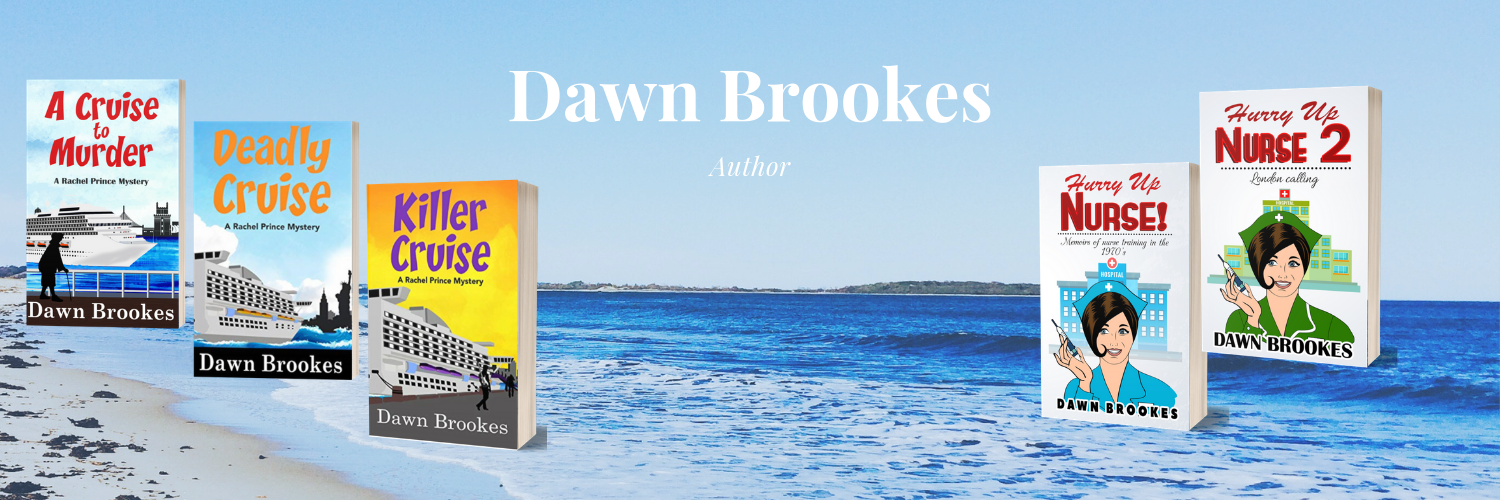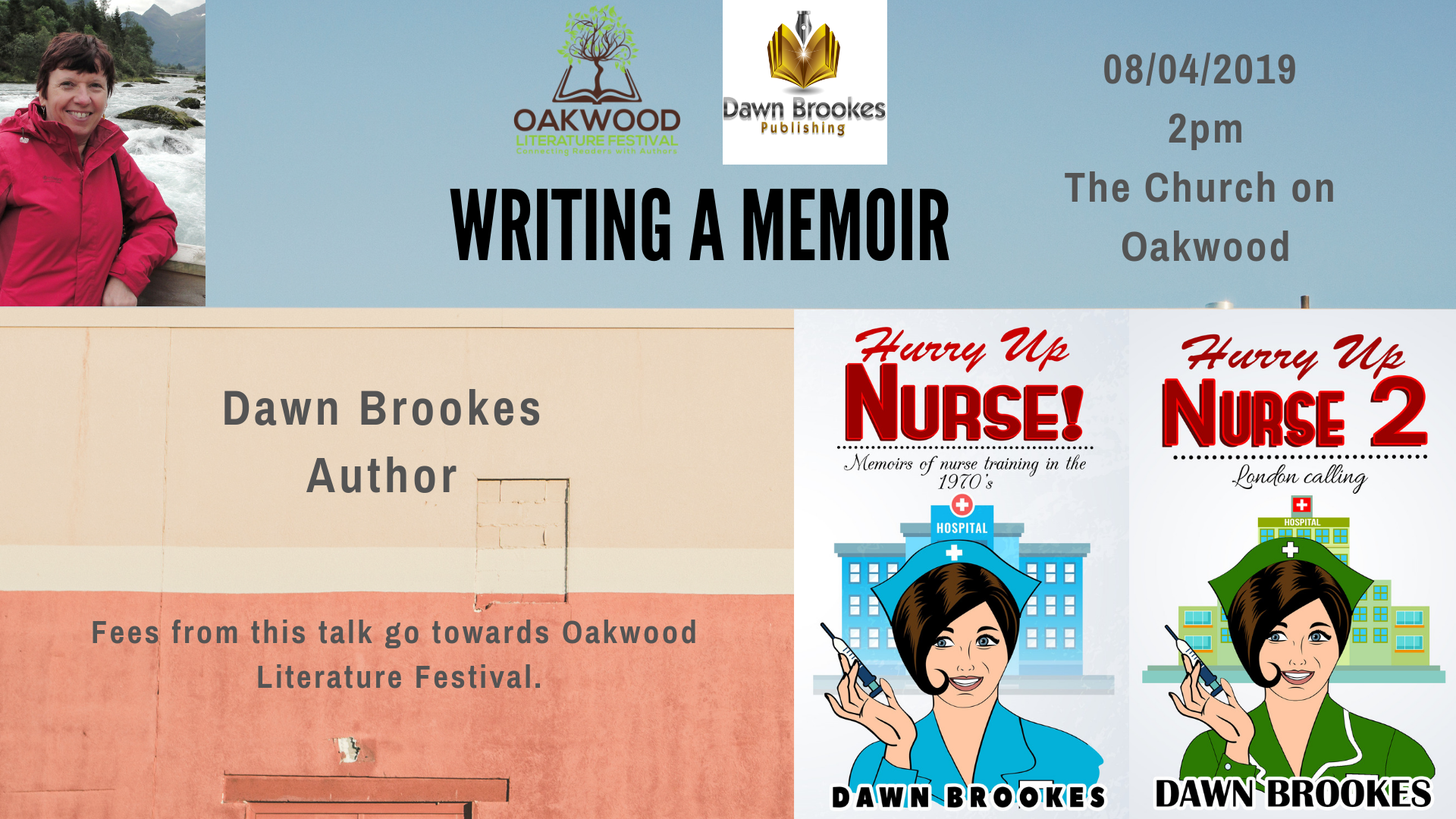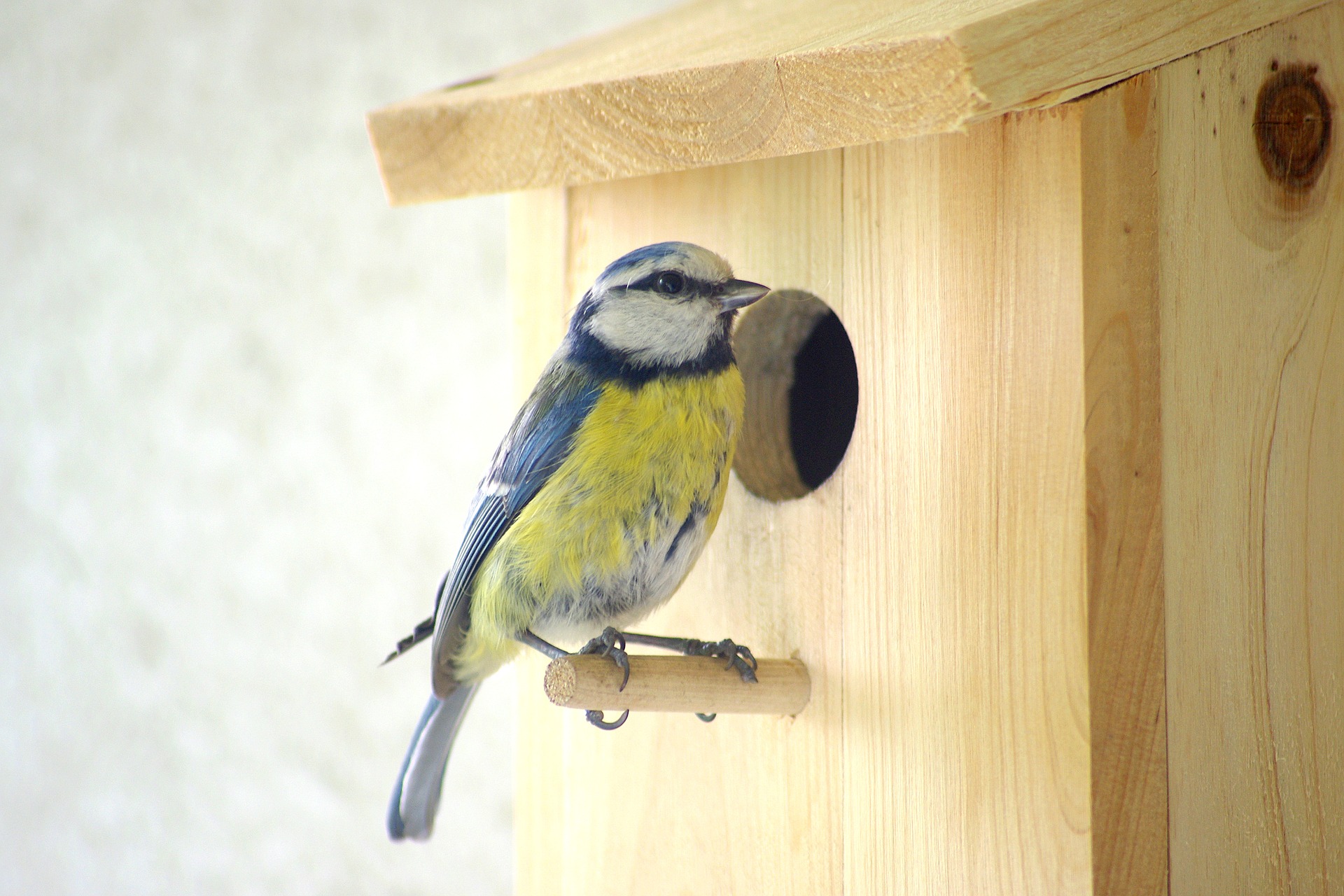Crime Writers’ Daily Writing Habits
Crime Writers’ Writing Habits I thought it would be fun to select a few crime writers and discuss their writing – or not – habits! Much emphasis is placed on ritual and routine when it comes to art, but as these few examples show, every writer is different. Ian Fleming (1908-1964) Ian Fleming described himself as a writer rather than an author and writing in an article on the topic or writing he suggested that writing 2,000 words per day, five days a week for six weeks enabled him to produce his first draft for his Bond novels. The novels he produced were around 60,000 words which is acceptable in series writing even to this day. Agatha Christie (1890-1976) Agatha Christie didn’t have a special room to write in and carried notebooks around and jotted down plots, labelling her notebooks. She wrote longhand and then typed it up later. In later life she dictated her books. She never had a daily routine of writing and would nip off to write when the opportunity presented itself it. Strangely, it appears that Agatha Christie was the only one of these four to admit to having difficulties writing with the process causing her much stress at times. And yet it is Christie’s works that are among the world’s top bestsellers with her estate claiming she is third only to Shakespeare and The Bible. Her books are still enjoyed today with Miss Marple and Poirot being crime mystery staples. I remember seeing The Mousetrap on stage in London, the longest running play in London still enjoyed by so many readers today. Dorothy L Sayers (1893-1957) Dorothy L Sayers wrote at night as she worked full time for a London advertising agency. I couldn’t find anything written about her habits but would assume that as one of…




